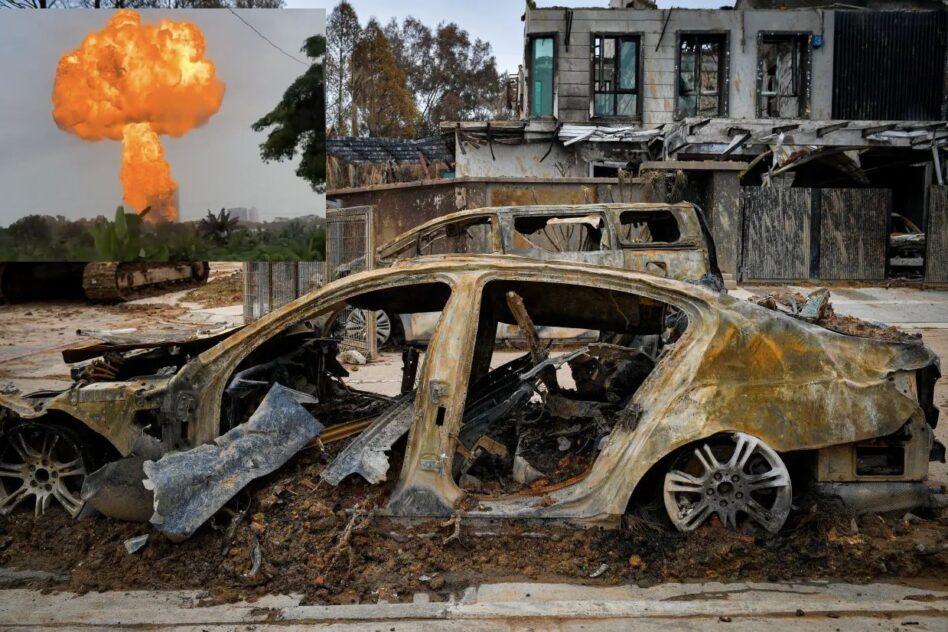UPON finding themselves bleeding profusely with little hope of turning a corner, Malaysian government-linked companies (GLCs) will have no qualm to look far and beyond to hire the best brains for rescue operation except they forget that the more sought after these industry experts are, the more ‘highly egoistic’, too, are their personalities.
However, “highly egoistic’ here comes with the positive connotation of being “highly professional” which simply implies that these people are industry specialists who truly take pride in their abilities and are often backed with an impeccable track record.
Unfortunately, this is often their key weakness considering that their Malaysian clients tend to expect them to make “one exemption too many” – and often enough, they would not budge in the name of integrity.
Their simplistic stance may sound like this – “you pay me big bucks for the job and I shall risk my reputation to get you out of the conundrum but please follow my remedy all the way”.
In retrospect, this probably explains why Christoph Mueller resigned as the CEO of Malaysia Airlines Bhd in April 2016 – citing changing personal circumstances – barely a year of leading the national carrier’s re-organisation efforts.
In 2009, the German had successfully repositioned the loss making Irish airline Aer Lingus by turning the company into a service airline to compete with low budget alternatives such as Ryanair. Mueller successfully expanded the airline’s transatlantic services, re-positioning it as a more service-oriented carrier.
In the same light, Sapura Energy Bhd’s investors should insist that the company’s management/board grant restructuring specialist Cosimo Borrelli, 55, a free hand to turn around the ailing global integrated oil & gas (O&G) service provider.
The Australian who was appointed as Sapura Energy’s non-independent non-executive director with effect from March 25 can only wave his magic wand if he is given a free hand to strategise his remedial turnaround formulae.

After all, Sapura Energy has acknowledged Borrelli as a leading restructuring and insolvency practitioner in Asia having worked exclusively in this area since 1990.
“Borrelli’s assignments often have a cross border focus including work in Hong Kong, China, Singapore, India, Taiwan, Malaysia, Australia, the US, UK, Europe, Bermuda, British Virgin Islands, Cayman Islands and Africa,” noted the company.
“Borrelli is also well regarded for his work as an independent director to listed companies internationally, especially those undergoing or targeting turnarounds, mergers and acquisitions, divestments and special situations.”
Probably, Sapura Energy’s top management and its board must turn a deaf ear to political nuances put forth by former premier Datuk Seri Najib Razak, thus allowing Borrelli to use his full discretion in mooting his turnaround strategies.
Based on Najib’s argument, below are the consequences if Sapura Energy goes bankrupt:
- Direct loss to 10.6 million ASB investors is as much as RM4 bil
- Indirect losses to Permodalan Nasionl Bhd (PNB), the Employees Provident Fund (EPF) and various public mutual trusts as a result of debt amounting to RM10 bil owing to local banks, in particular Maybank which is 50% owned by PNB.
- Nearly 10,000 high-paying jobs will be lost.
- Around 4,500 vendors/suppliers will be affected, most of them being Bumiputera companies.
- Sapura Energy’s valuable assets will be sold at fire-sale prices.
- Malaysia will lose its largest petroleum service company which serves the country’s most important sector.
- Malaysia will also lose a multinational because Sapura had previously implemented projects in more than 30 foreign countries.
Whichever way it decides, the Government’s choice will have an effect on its reputation and that of its policies, according to Singapore’s Straits Times. Should Putrajaya decides to help cover Sapura’s billions of debt, this could “backfire” as Malaysians have become cognisant of corruption in the wake of the 1Malaysia Development Bhd (1MDB) scandal.
“The problems at Sapura Energy also spotlight the pitfalls facing large state-owned funds such as PNB that are often subject to government dictates to invest in companies controlled by ethnic Malay businessmen under the long-standing government policy aimed at boosting the community’s corporate ownership in the national economy,” the newspaper’s regional correspondent Leslie Lopez wrote in an analysis dated March 25.
Noteworthy is that Malaysia’s national oil corporation PETRONAS has distanced itself from speculation that it was in “talks with the Government on a proposal to take a significant stake” in Sapura Energy.
Sapura Energy had in its financial year ended Jan 31, 2022 announced a kitchen sinking net loss of RM8.9 bil – the biggest loss for any government-linked company (GLC) in Malaysia’s history. At this point, Sapura is also facing dozens of bankruptcy claims filed by its vendors.
At 9.10am, Sapura Energy is unchanged at 3.5 sen with 21.83 million shares traded, thus valuing the company at RM559 mil. – March 29, 2022









